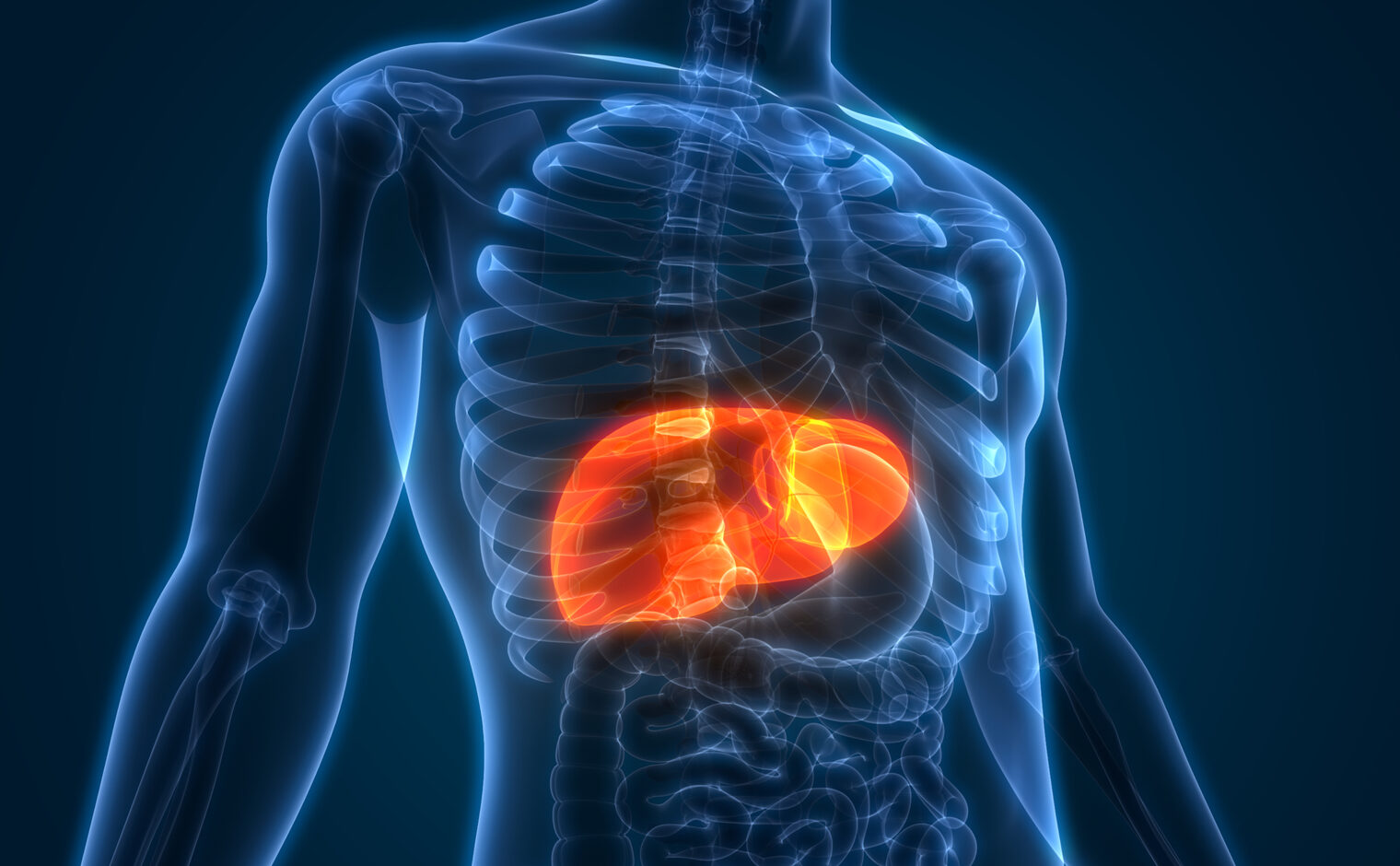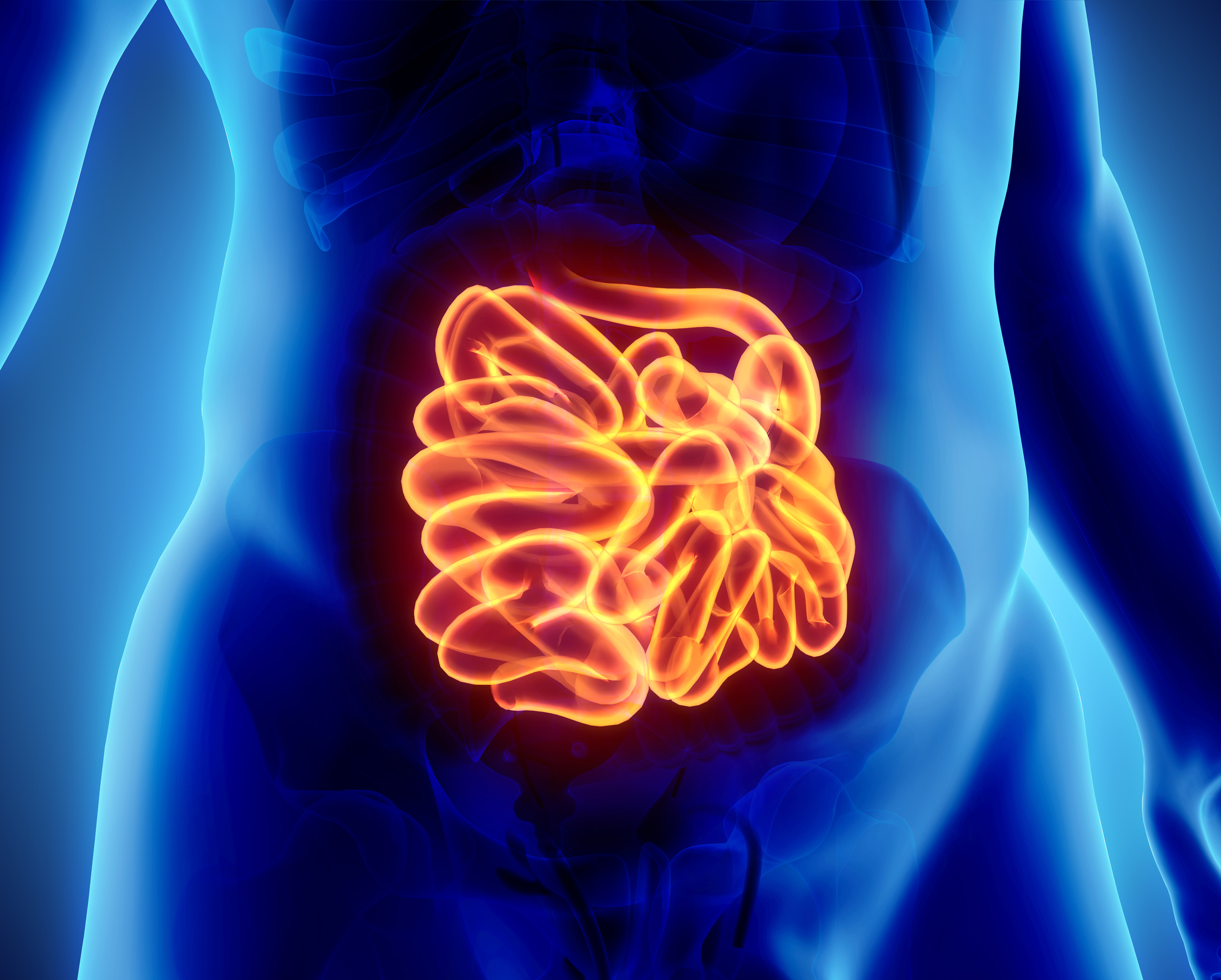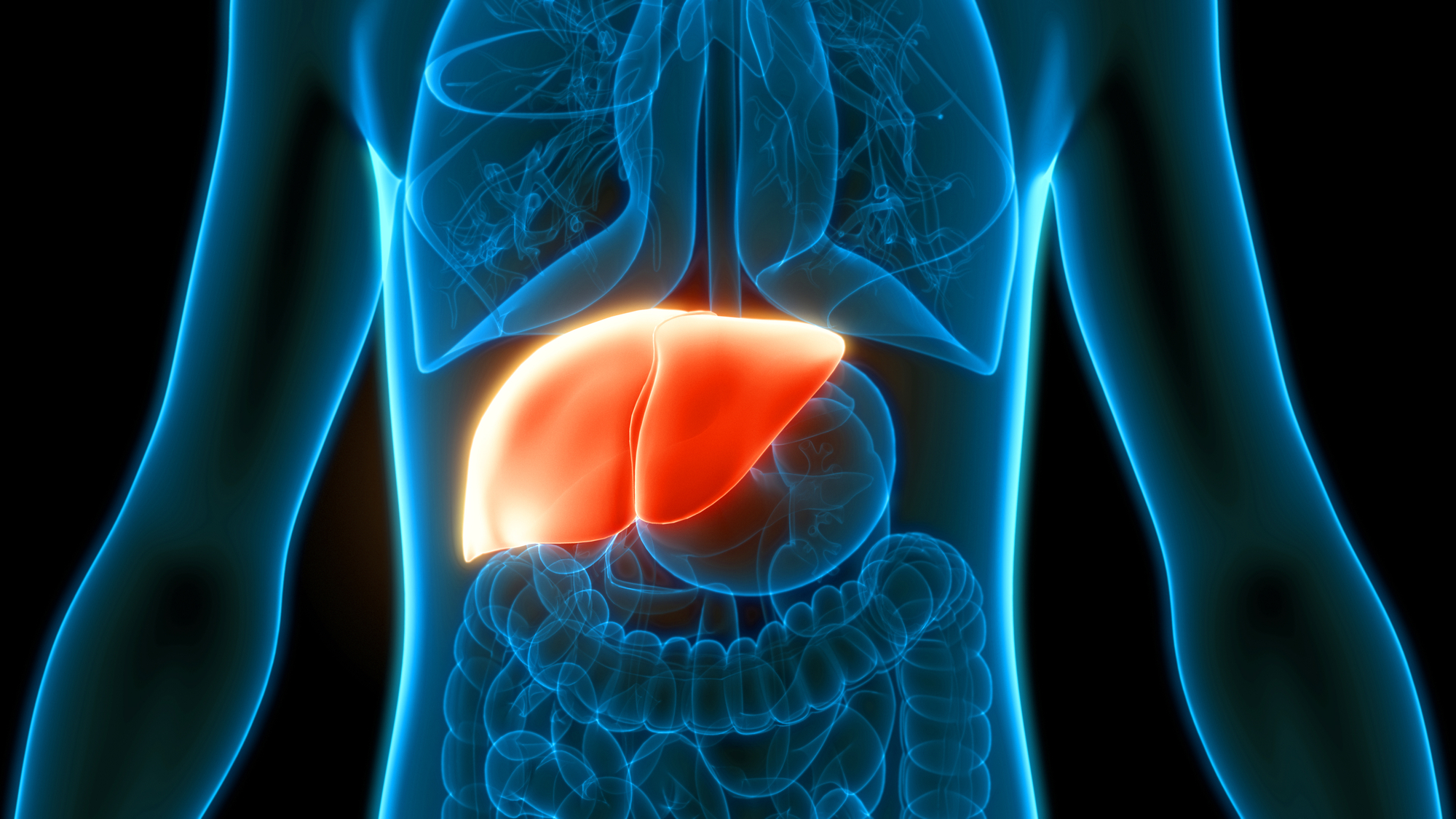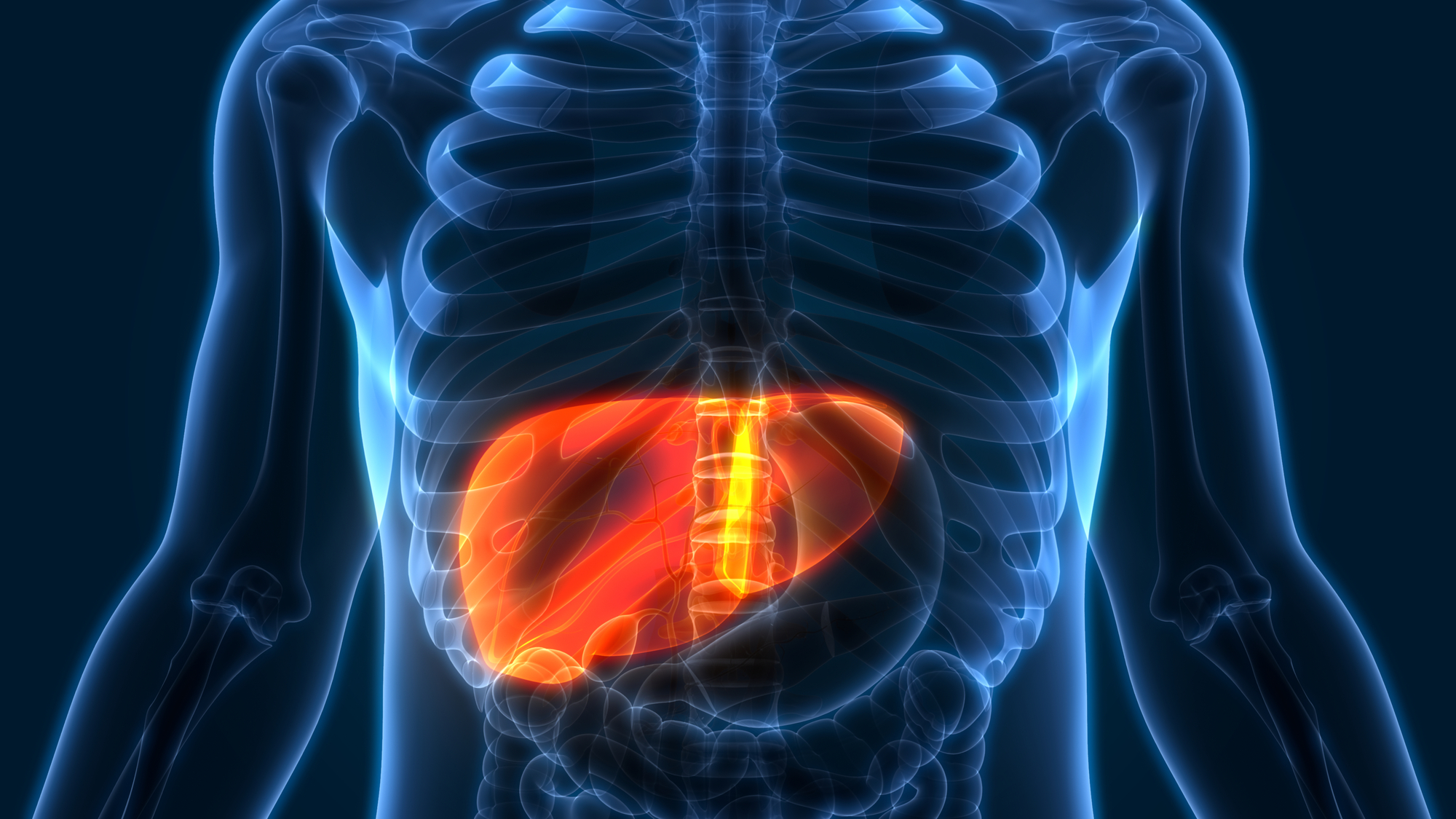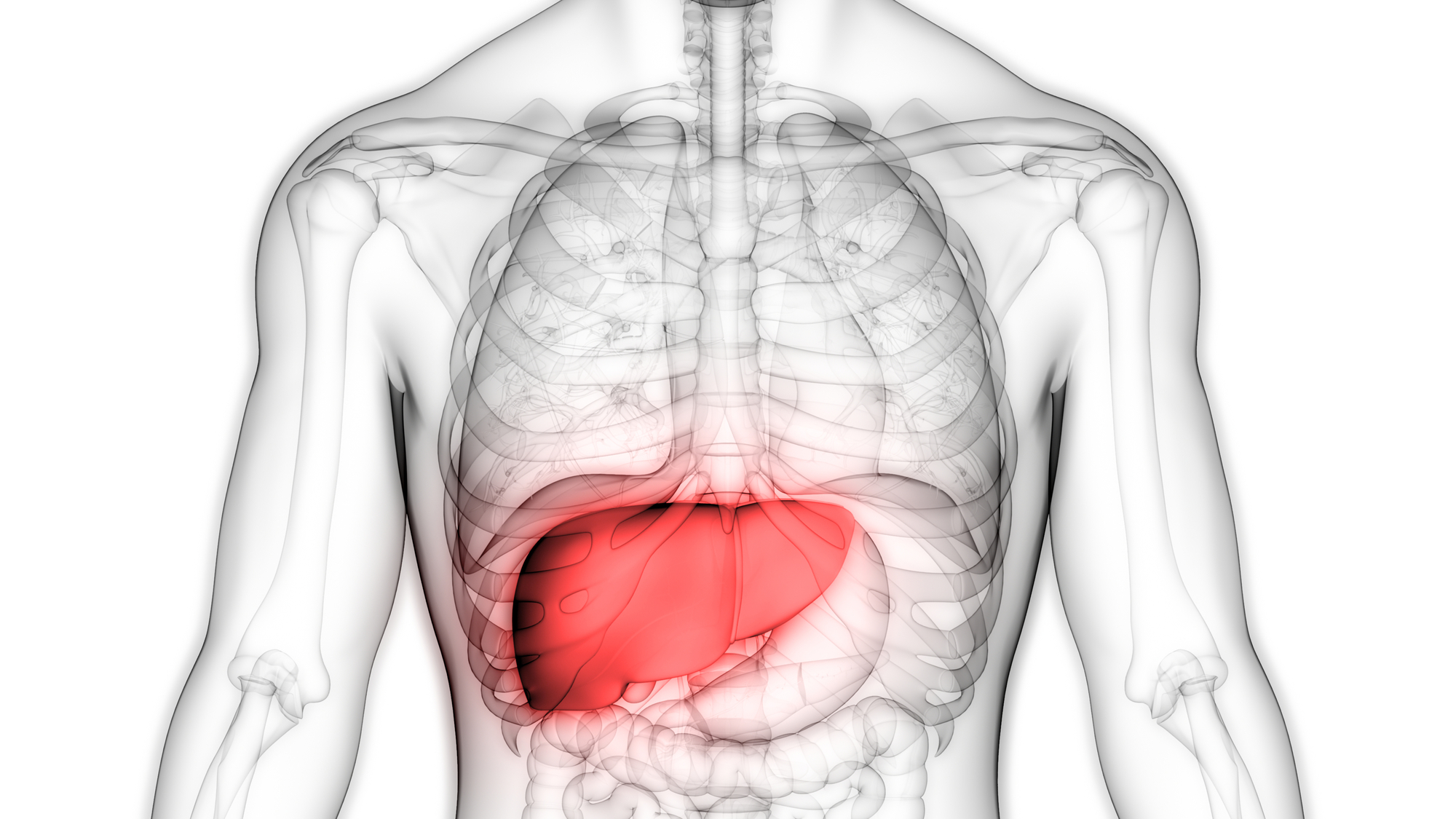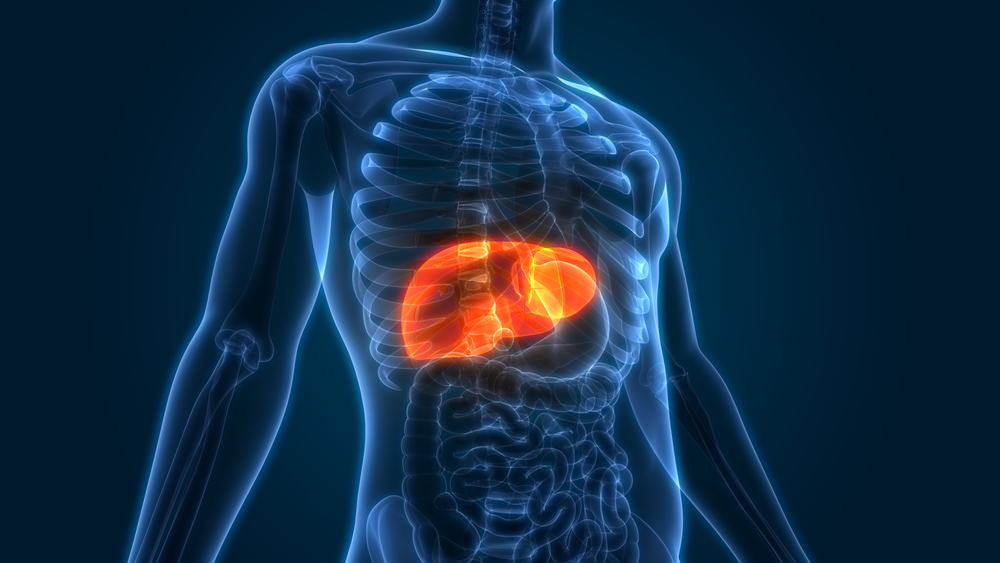Scientists Discover Mechanism for Natural Treatment of NASH
Nonalcoholic steatohepatitis (NASH) develops when fat in the liver becomes toxic, killing liver cells and promoting inflammation and fibrosis. The disease can lead to cirrhosis, liver failure, and even death. It is associated with metabolic syndrome, which is characterized by abdominal obesity, high blood pressure, high blood sugar, low bloodRead

